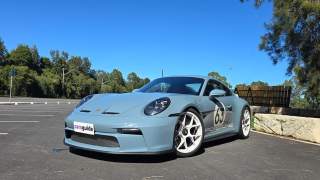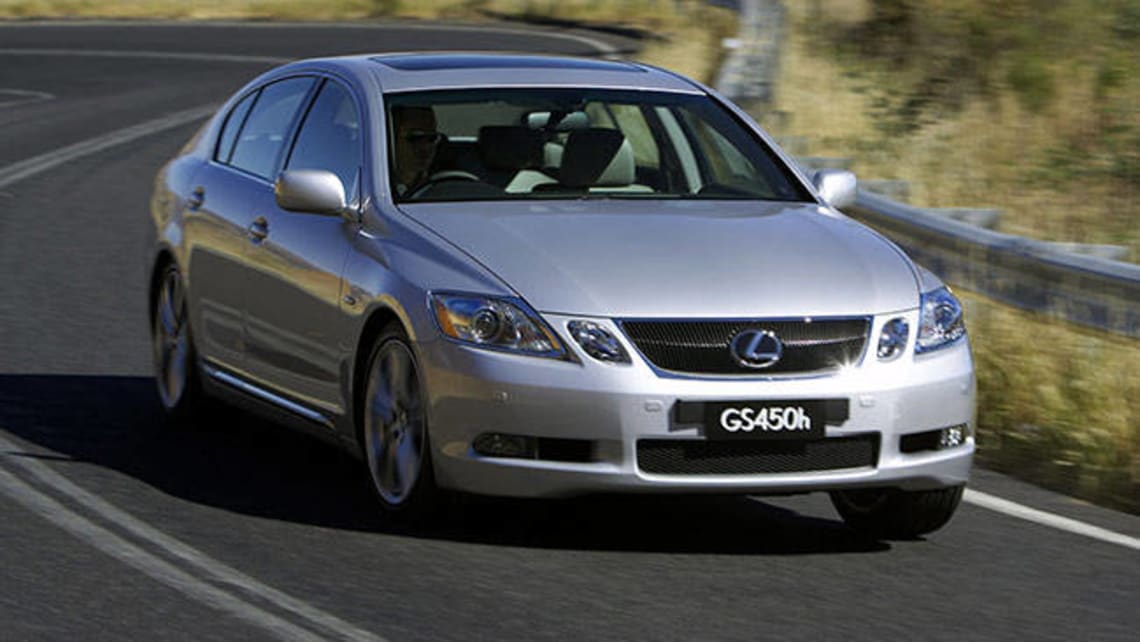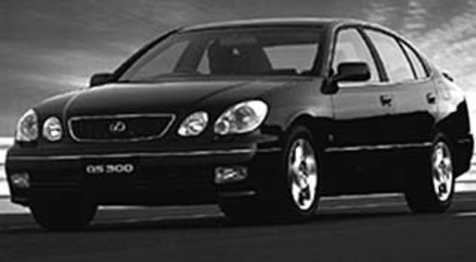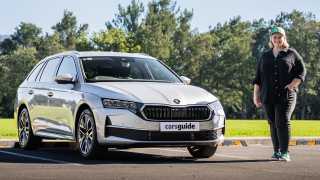
Used Lexus GS review: 1997-2013
- Lexus GS
- Lexus GS 300
- Lexus GS 450h
- Lexus GS250
- Lexus GS300h
- Lexus GS 1997
- Lexus GS 1998
- Lexus GS 1999
- Lexus GS 2000
- Lexus GS 2001
- Lexus GS 2002
- Lexus GS 2003
- Lexus GS 2004
- Lexus GS 2005
- Lexus GS 2006
- Lexus GS 2007
- Lexus GS 2008
- Lexus GS 2009
- Lexus GS 2010
- Lexus GS 2011
- Lexus GS 2012
- Lexus GS 2013
- Lexus GS250 2012
- Lexus GS250 2013
- Lexus GS300 1997
- Lexus GS300 1998
- Lexus GS300 1999
- Lexus GS300 2000
- Lexus GS300 2001
- Lexus GS300 2002
- Lexus GS300 2003
- Lexus GS300 2004
- Lexus GS300 2005
- Lexus GS300 2007
- Lexus GS300 2008
- Lexus GS300 2009
- Lexus GS300 2010
- Lexus GS300 2011
- Lexus GS300 2012
- Lexus GS300h 2013
- Lexus GS300 2006
- Lexus GS Reviews
- Lexus GS 300 Reviews
- Lexus GS 450h Reviews
- Lexus GS250 Reviews
- Lexus GS300h Reviews
- Lexus Reviews
- Lexus Sedan Range
- Sedan
- Lexus
- Prestige & Luxury Cars
- Used Car Reviews

What we like
- Comfortable
- Refined
- Build quality
What we don't
- Bland looks
- Stiff competition from Euros
- Thirsty when pushed
What we like
- Comfortable
- Refined
- Build quality
What we don't
- Bland looks
- Stiff competition from Euros
- Thirsty when pushed
Lexus GS300 is an upmarket Japanese sedan with a fair bit of sportiness in its makeup. It's aimed at people who can't afford a BMW 5-Series or Mercedes E-Class, or who do have the cash but like to be seen in something different. There's no doubt the Lexus designers benchmarked the BMW as their first cars used a straight six engine and rear-wheel drive. Later models, from 2005, use a more space efficient V6 setup.
These are big, smooth cars that make excellent touring machines and aren't overly challenged on rough and ready Australian bush roads. Rear seat legroom in the medium-large Lexus isn't bad for a rear-drive car but if you're sitting behind a driver who likes their seat well back, you may be cramped. Things improved significantly with the new model of 2005.
Boot size is good and it's reasonably easy to load. Lexus first reached us in Australia as the GS300 in November 1997, these are getting on in years but longevity has been a feature of all Lexus models since day one and cars of that age may, repeat may, still be in good condition. Lexus models older than 1997 are almost certainly rebadged Toyota Aristos that are grey imports from Japan.
The GS300 had a 3.0-litre engine that a bit down on torque at low revs, but in the European manner, it came into action at the top end of the tacho. From the new model of March 2005, the GS300 was joined by a V8 GS430 with a 4.3-litre engine.
Unlike the German marques that have gone haywire in their model numbers, Lexus model names generally indicate engine capacity, the exception being the hybrids, these have a 3.5-litre petrol engine with electric assistance and are labelled the GS450h - '450' indicating it produces the sort of performance expected from a 4.5-litre petrol, 'h' for hybrid.
A Lexus GS460 V8 joined the Australian lineup in March 2008. The Lexus GS was renewed again in April 2012 with a GS350 and GS450h coming downunder. The first models all had five-speed automatic transmissions. From the 2005 model this was upgraded to six forward ratios with sequential overrides. Lexus GS hybrids are the exception to the rule, having the extra efficiency of a CVT automatic.
Lexus GS300 was one of the first vehicles to use an electronic system, dubbed Vehicle Stability Control (VSC) in these cars, to help the driver get out of trouble should they enter a corner too fast or unexpectedly strike a slippery road. It's a bit slow to back off when compared with today's ESC units.
Lexus dealers were relatively rare in Australia in the earliest days of the marque, but as the cars became successful the numbers have increased. There's surprisingly good coverage in country cities, though, naturally, the dealers are predominantly in the major capitals and the Gold Coast.
Many senior Toyota mechanics have been trained to help out Lexus owners in emergencies. Spare parts prices and servicing costs are about average for a car in this upmarket class and we haven't had any complaints of availability of parts.
Insurance charges are moderate for a car in this class as, contrary to the desires of the Lexus marketing people, the GS models are generally seen as comfortable cruisers rather than full-on sports sedans.
WHAT TO LOOK FOR
It's virtually essential to have them checked by an expert. A Lexus trained mechanic is best, or call on a senior inspector from your local motoring association. Some Toyota mechanics are trained on Lexus and can also do a pre-purchase inspection.
Test each of the functions on the stereo, electric seats, climate-control, windows, doors and so on. Be suspicious if anything doesn't work to perfection because these are quality cars that are only a few years old. The owner's handbook is an excellent guide as to what all the controls do.
Make sure the engine starts virtually instantaneously and the transmission operates almost imperceptibly. The brakes should stop the car surely and in a straight line and the steering should be precise in its operation.
Listen for unusual noises and look for the slightest sign of anything out of the ordinary. Repairs will be expensive so get a quote for even the most minor defects. Better still ensure the seller has the car repaired before you buy it. Check for damage to the body work and the interior trim and remember the car should be close to immaculate in all areas.
CAR BUYING TIP
Upmarket cars that are getting on in years may have fallen into the hands of would-be social climbers who have been unable to afford the high cost of routine servicing...
Pricing
| Year | Price From | Price To |
|---|---|---|
| 2013 | $14,520 | $31,790 |
| 2012 | $14,960 | $30,140 |
| 2011 | $14,080 | $26,840 |
| 2010 | $12,980 | $25,080 |
| 2009 | $8,580 | $22,550 |
| 2008 | $7,370 | $17,270 |
| 2007 | $7,370 | $15,070 |
| 2006 | $7,370 | $15,070 |
| 2005 | $7,370 | $15,070 |
| 2004 | $7,700 | $10,890 |
| 2003 | $7,040 | $11,330 |
| 2002 | $7,040 | $9,900 |
| 2001 | $7,040 | $9,900 |
| 2000 | $6,600 | $9,790 |
| 1999 | $6,050 | $8,470 |
| 1998 | $6,050 | $8,470 |
| 1997 | $6,050 | $8,470 |
Pricing guides
Range and Specs
| Vehicle | Specs | Price* | |
|---|---|---|---|
| GS300 | 3.0L, PULP, 5 SP AUTO | $6,050 – 8,470 | 1997 Lexus GS 1997 GS300 Pricing and Specs |
$6,050
Lowest price, based on third party pricing data








